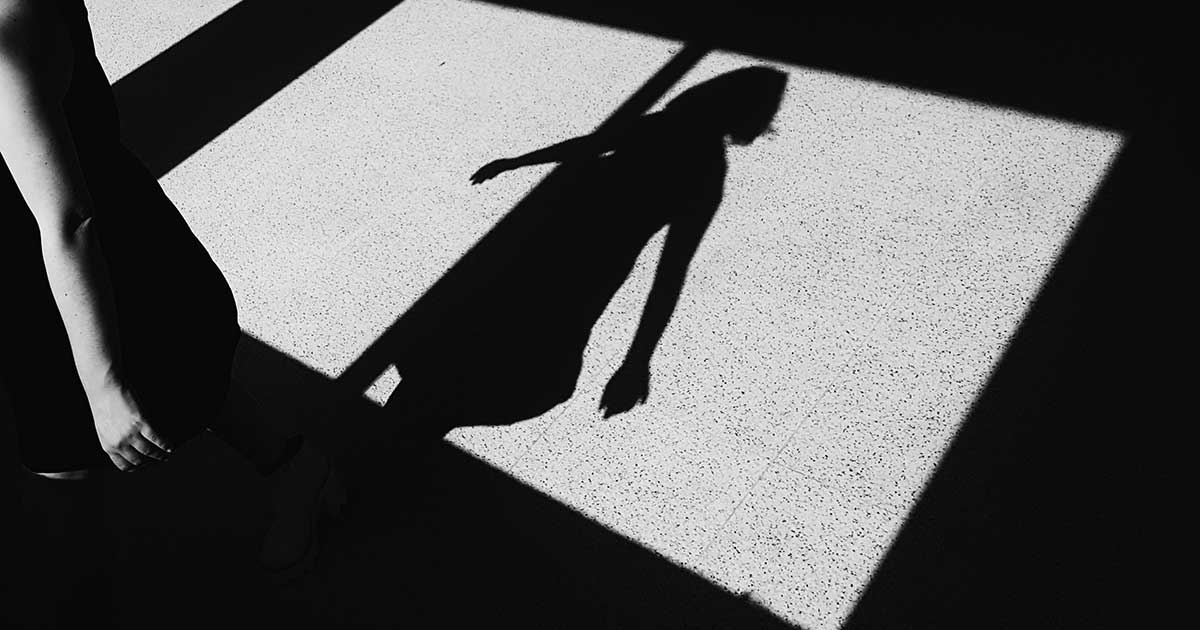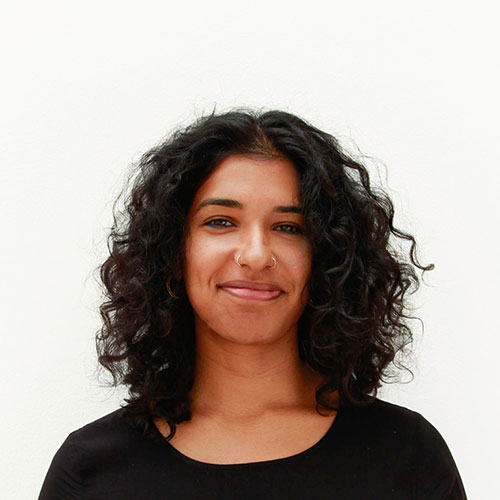RISE
★ ★ ★ ★
A student of “we”

Image by Fernando Rodrigues
By Aishwarya Vardhana
“We” was first my family. Our little corner of a complicated heaven where my amma (mom), appa (dad), akka (older sister) and I lived. From Day One I absorbed everything my family had to offer. Their joys and sorrows, dreams and failures, virtues and vices. With no intention of my own I rolled cosmic sixes and was born into love. I was a daughter and a sister. A peacemaker, an atheist, a talkative analyst. We were Indians, village gossips, and philosophers. We belonged to one another.
Then there was the “we” of the Portland Indian community. The steady stream of aunties walking in with rice items or requests for an onion; Friday night potlucks with families that grew like branches on each other’s trees. Did you know there were Indians in Portland, Oregon? Not as many as in California or Jersey, but we are indeed there. The Black exclusion laws of 1844, 1849, and 1857 and the Chinese exclusion laws of 1882, which were not repealed until 1926 and 1943 respectively, allowed Oregon to remain white well into the mid 1950s. The historical resistance to intermix allowed for white supremacist movements like the Northwest territorial imperative to take form which, to this day, aims to create an Aryan ethno-state in the Oregon, Washington, Idaho, and Montana region. Then, in the 1980s, my brown-skinned, dark-haired parents arrived.
At St. Mary of Valley Elementary I was “me” without a “we”. The sole Hindu ambassador to the Catholics. The reverse missionary. Four feet tall and chubby, with fiery retorts in hand. I ate rajma in the bathroom after scratching the botu off my forehead, unknown to my mom who had lovingly given me both. There is a special type of heartache South Asian kids feel as the first line of defense for their immigrant parents. Parents who so tenderly share themselves with their children, only to have elements of who they are rejected. It is a unique pain to be innocent yourself and recognize the innocence of adults. It is a unique pain to protect your parents from other children, children who with a few words tap cracks into the foundation of a home.
I graduated eighth grade and attended Jesuit High School. My “we” expanded to a wealthier, white Catholic community of good-hearted, athletic families with a polite interest in Indian culture. It was difficult to know if I was part of that “we”. A “we” that opposed gay marriage, pre-marital sex, and abortion. A “we” whose legacy was Jesuit missionaries sent to India to convert the uncivilized. And yet a “we” that was generous and encouraged service, compassion, and introspection. This tension of contradictions has been life-long. To what do we belong? To whose sins are we culpable? As people whose family history was indelibly altered and destinies charted by colonialism, what did it mean for us, generations later, to become beneficiaries of settler colonialism?
I have always lived in between contradictions. I did not “code switch” so much as change skins. One can be afflicted with too much sympathy for the privileged, of which I am one, and never enough solidarity with the disadvantaged, of which I am also one. I know that who I identify with at any given moment in time is political and has its consequences, but so long as I remain humble in who I am and who I am not, I can rest easy.
In 2012 I graduated twelfth grade and went to Stanford University. Here the “we” became so broad and divergent it would be impossible to try and describe it in its totality. “We” were the exceedingly wealthy mixed with the minorly poor. The advantaged and the disadvantaged, forced under one roof. “We” were unbridled capitalist ambition adjacent to raw scientific and literary curiosity, clashing with forceful anti-capitalist and anti-colonial ideologies. To the outside world “we” were Stanford, but inside we were an ocean of conflicting perspectives. After my first year I came to realize there were opposing camps and it was imperative to pick a “we”. While I did feel satisfied with the camp I picked, there was a part of me that felt like part of the problem. And then there was a part of me that wanted to be a loner, free to think, speak, and do as she pleased. But then I was fearful that loners were a stepping stone to the rugged individualists who blazed around campus with libertarian agendas, pitch decks, and opaque intentions, soon to be sweethearts of Silicon Valley. And this was the conflict swirling in my heart. Why were we, as a student body, encouraged to solve the world’s problems as individuals, and not as a collective? The individual genius was lionized far more than the genius of mass collaboration. How could a university largely dedicated to Western, individualistic education also ask us to think about humanity? We were encouraged to view ourselves as above it, and simultaneously we were expected to save it? And assuming the best intentions of Stanford, could Stanford protect us from Silicon Valley, a culture which feeds egos but not souls?
There is no space for greed in “we”. There can only be empathy and solidarity. “We” is a daily practice in humility and simplicity. I, its ever-failing student.

Aishwarya Vardhana (she/her) is a digital product designer, artist, and writer. She is interested in decoloniality, feminism, knowledge equity, and systems thinking.
























Wow wow wow very well expressed. The best para I liked was this one. We, we and we. A chameleon is a “we” where ever it goes. However, however a Chameleon is a chameleon, its change is skin deep. Deep inside it is a full throbbing chameleon ready to pounce and gulp the first unsuspecting “we” citizen to pass by. That exactly has been my characteristics all my life and that is lot more fun. You float along but never submerge keep your individuality. Only people who deal with me know that ultimately the ‘we” in me “we” as in nature.
“I have always lived in between contradictions. I did not “code switch” so much as change skins. One can be afflicted with too much sympathy for the privileged, of which I am one, and never enough solidarity with the disadvantaged, of which I am also one. I know that who I identify with at any given moment in time is political and has its consequences, but so long as I remain humble in who I am and who I am not, I can rest easy.”
Well written article. Quite creative!